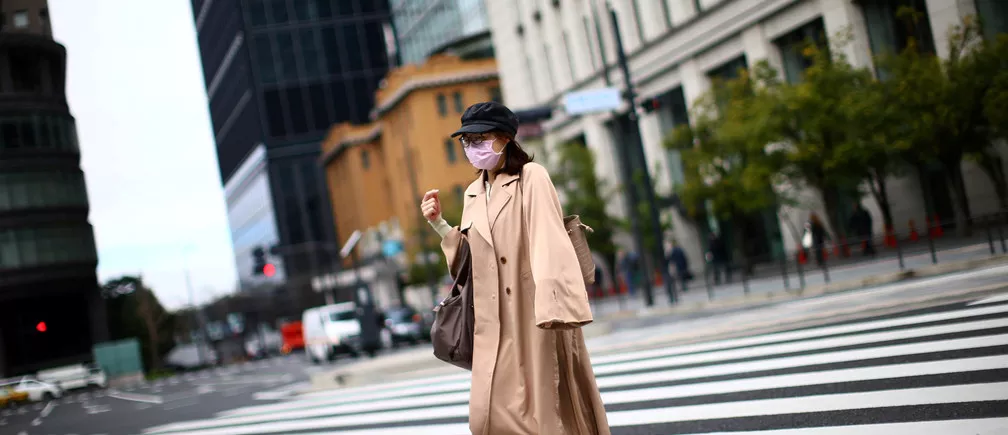Covid-19 and women
Unfair and unequal treatment of working women is one reason why I went into politics
Apparently Covid-19 poses a greater direct health risk to men, particularly older men. But the pandemic is exposing and exploiting inequalities of all kinds, including gender inequality. In the long term, its impact on women’s health, rights, and freedoms could harm us all.Women are already suffering the deadly impact of lockdowns and quarantines. These restrictions are essential but increase the risk of violence towards women trapped with abusive partners. Recent weeks have seen an alarming global surge in domestic violence; the largest support organisation in the UK reported a 700% increase in calls. Simultaneously, support services for women at risk face cuts and closures.
This was the background to my recent appeal for peace in homes around the world. Since then, more than 143 governments have committed to supporting women and girls at risk of violence during the pandemic. Every country can take action by moving services online, expanding domestic violence shelters and designating them as essential, and increasing support to frontline organisations. The UN’s partnership with the EU, the Spotlight Initiative, is working with governments in more than 25 countries on these and similar measures and stands ready to expand its support.
But the threat to women’s rights and freedoms posed by Covid-19 goes far beyond physical violence. The deep economic downturn accompanying the pandemic is likely to have a distinctly female face.
The unfair and unequal treatment of working women is one reason why I went into politics. In the late 1960s, as a student volunteer doing social work in poor areas of Lisbon, I saw women in very difficult situations, doing menial jobs and carrying the weight of their extended families. I knew this had to change — and I have seen an important change in my lifetime.
But decades later, Covid-19 threatens to bring back these conditions and worse, for many women around the world.
Women are disproportionately represented in poorly paid jobs without benefits, as domestic workers, casual labourers, street vendors, and in small-scale services like hairdressing. The ILO estimates that nearly 200 million jobs will be lost in the next three months alone — many in these sectors.
And just as they are losing paid employment, many women face a huge increase in care work due to school closures, overwhelmed health systems, and increased needs of the elderly.
And let’s not forget the girls whose education was cut short. In some villages in Sierra Leone, school enrolment rates for teenage girls fell from 50 to 34% after the Ebola epidemic, with lifelong implications for their and the communities’ wellbeing.
Many men, too, are facing job losses and conflicting demands. But even at the best of times, women do thrice as much domestic work as men. They are more likely to be called to look after children if businesses open while schools remain closed, delaying their return to the paid labour force.
Entrenched inequality also means that while women make up 70% of healthcare workers, they are outnumbered by men in healthcare management, and comprise just one in every 10 political leaders worldwide. We need women at the table when decisions are taken on this pandemic, to prevent worst-case scenarios like a second spike in infections, labour shortages, and social unrest.
Women in insecure jobs urgently need basic social protections, from health insurance to paid sick leave, childcare, income protection, and unemployment benefits. Looking ahead, measures to stimulate the economy, like cash transfers, credits, loans, and bailouts, must be targeted at women — whether working full-time in the formal economy, part-time in the informal economy, or as business owners.
The Covid-19 pandemic has made it clear that women’s unpaid domestic labour is subsidising both public services and private profits. This work must be included in economic metrics and decision-making. We will all gain from arrangements that recognise people’s caring responsibilities and inclusive economic models valuing work in the home.
With women’s interests and rights front and centre, we can get through this pandemic faster, and build more equal and resilient communities.
Published in The Express Tribune, April 30th, 2020.
Like Opinion & Editorial on Facebook, follow @ETOpEd on Twitter to receive all updates on all our daily pieces.


COMMENTS
Comments are moderated and generally will be posted if they are on-topic and not abusive.
For more information, please see our Comments FAQ